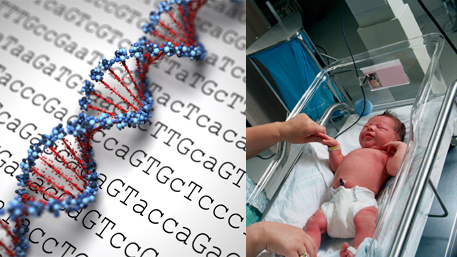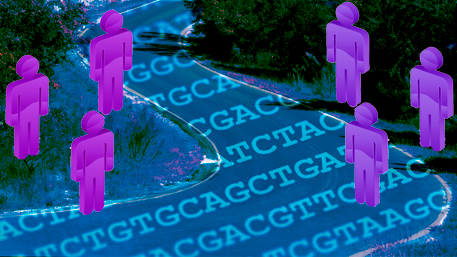Category:
When Should You Be Screened for Colorectal Cancer?

Starting at the right time saves lives. People with a family history of CRC may need to start much earlier. Doctors and public health professionals strive to live by the creed “First, do no harm” but often wrestle with difficult choices, including when and how often screening tests should be conducted. Effective prevention of colorectal Read More >
Posted on byWhat is the Value of Rapid Genomic Sequencing in Acute Infant Care?

Rapid genomic sequencing includes both rapid genome sequencing (rGS) and rapid exome sequencing (rES). Proponents argue that next generation sequencing (NGS) in acutely ill infants can deliver timely diagnostic results and enable life-changing clinical interventions. An international group of experts recently published a white paper in Genetics in Medicine that made the following assertions: Demonstration Read More >
Posted on by 1 CommentA Road Map for Evaluation and Appropriate Implementation of Genome Sequencing to Improve Population Health

This blog is a summary of our recently published paper in PLOS Medicine, and is an update of my 2011 blog on “binning” the human genome. A common vision for genomic medicine is that genome sequencing will be routinely used in health systems to provide health care and preventive services tailored to each individual. For Read More >
Posted on by

